Readers of the local press will be aware that the 171 hectare management burn planned for the town side of Kalimna tourist road has been postponed.
The postponement came after a group of local naturalists raised the inconvenient fact that the burn site contained colonies of the Eltham Copper butterfly. This is listed nationally as an endangered species under the Environment Protection and Biodiversity Conservation act.
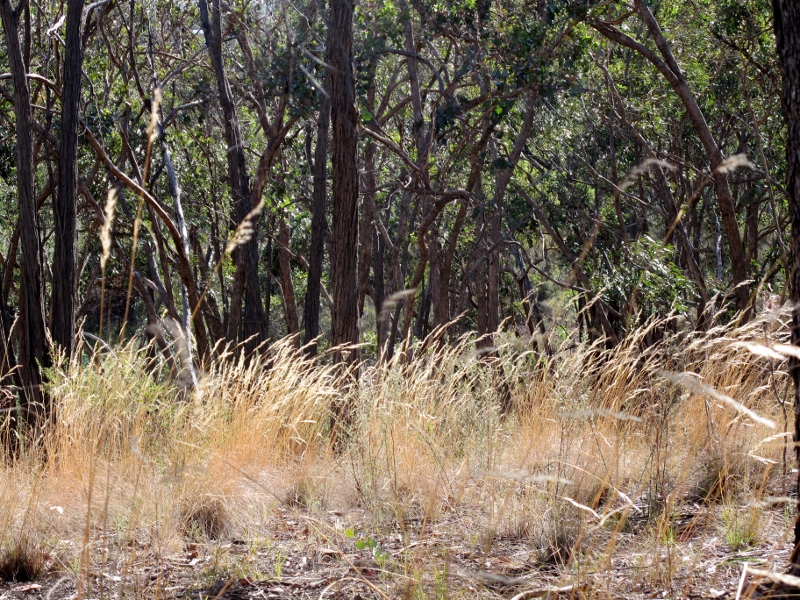
Inside the proposed burn zone: the challenge for DELWP is to protect public safety AND the environment. To achieve this officers need the best and most up to date information on land they manage.
DELWP fire managers had planned this mosaic burn with some diligence, with plenty of time put into local consultation: but they did not have access to important survey information held in the Department’s own archives. This seems to be a case of inadequate communication between fire officers and the Department’s Terrestrial Biodiversity unit. Fundamental to this communication fault is the fact that much of the information collected in surveys funded since the Royal Commission has not been entered into Department data bases, and is therefore not easily available to managers.
For years FOBIF members have joked cynically that the Department frequently conducts monitoring surveys, then puts all the resulting information into a filing cabinet in an unknown location, never to be accessed. Inaccurate and unfair? Yes, but with a degree of uncomfortable truth.
The management burn has been postponed to Autumn 2019. The challenge for the Department between now and then is to develop a fuel management strategy which ensures safety for the communities of Castlemaine and Chewton without threatening one of Australia’s most endangered species.



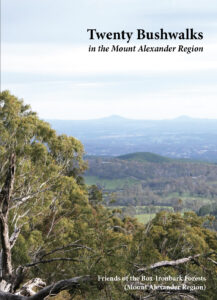
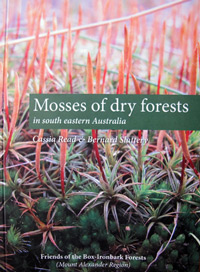 Click on image for info/order page
Click on image for info/order page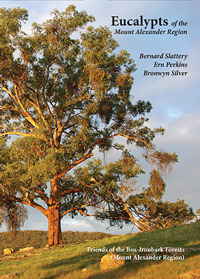 Click on image for info/order page
Click on image for info/order page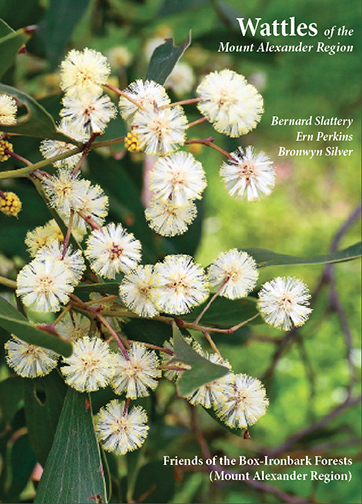 Click on image for info/order page
Click on image for info/order page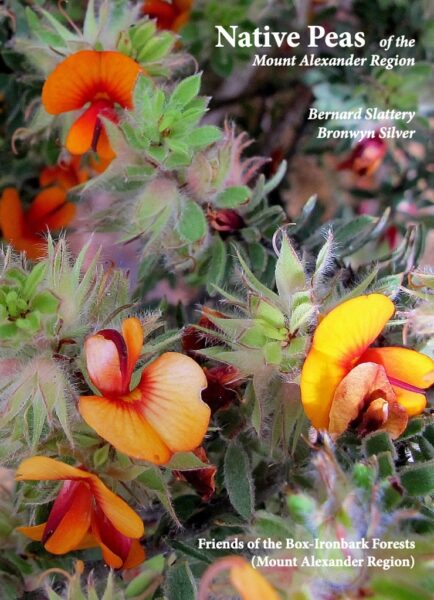
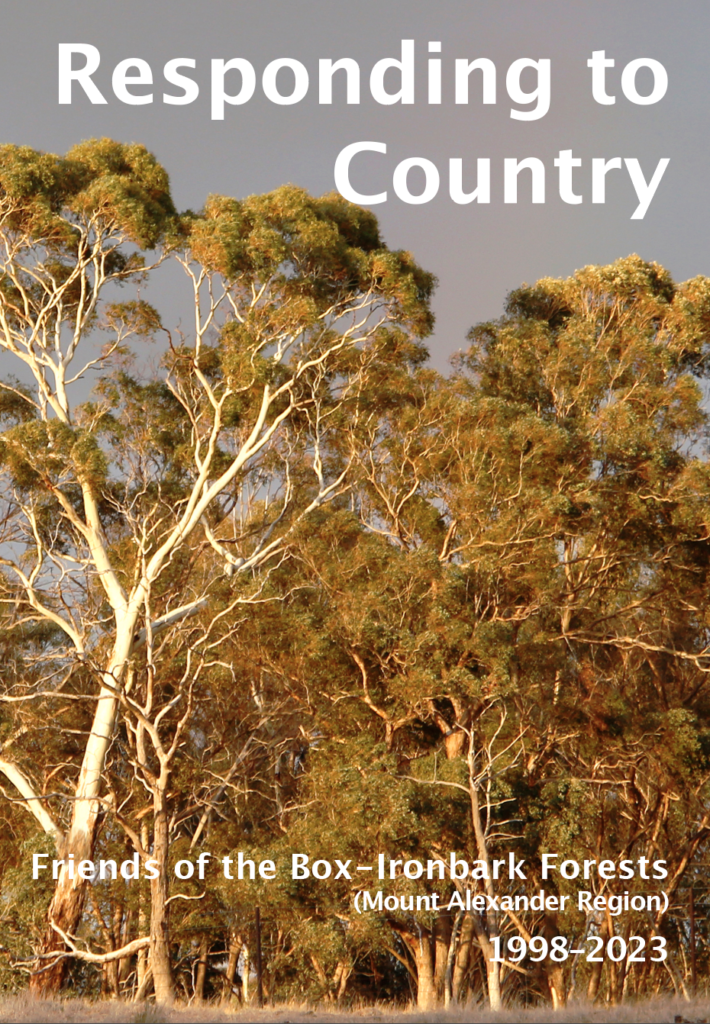


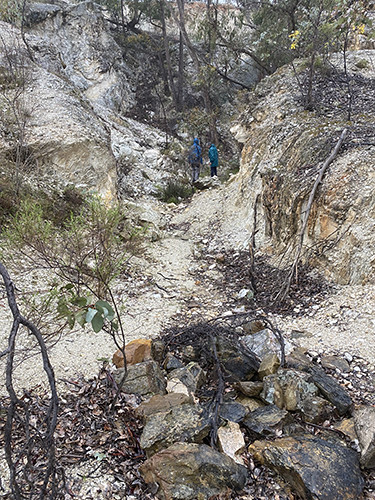



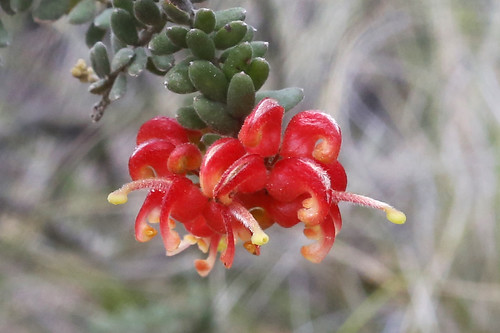













So pleased that the butterfly’s habitat is saved for the moment. Maybe fluke reduction can happen by employing people to remove undergrowth and timber that could be good fire wood.
WOW frightening!
Despite our input and alerts to government agencies many years ago, it looks like this failure to check the lists for endangered and protected species has been continuing for more than 5? years. We noted this serious problem in the Whipstick and the mallee state managed forests from the time they started the massive burning regimes after the Royal Commission. The Whipstick and mallee state owned forests were targeted brutally by ‘old school’ staff who had limited understanding of burning and its impact on our protected environments. Staff have changed and I am shocked to read that adequate protection of endangered species is still being overlooked.
In the Whipstick (Greater Bendigo National Park) we found it necessary to include those in the federal government department who are responsible for the EPBC to liase directly with the state govt departments responsible for the protection/management plans for the protected species in our local forests. This made a real difference. While tax payers monies (state and federal) are allocated for these tasks, much ‘pollies lobbying’ still needs to be done currently by locals.
Congratulations to the ever vigilant fire wise ecologists and community naturalists! A disaster postponed. This wonderful butterfly can continue it’s complex life cycle in peace for the moment. A stark and sad example of the impacts of continuing funding cuts to our Environment Departments.